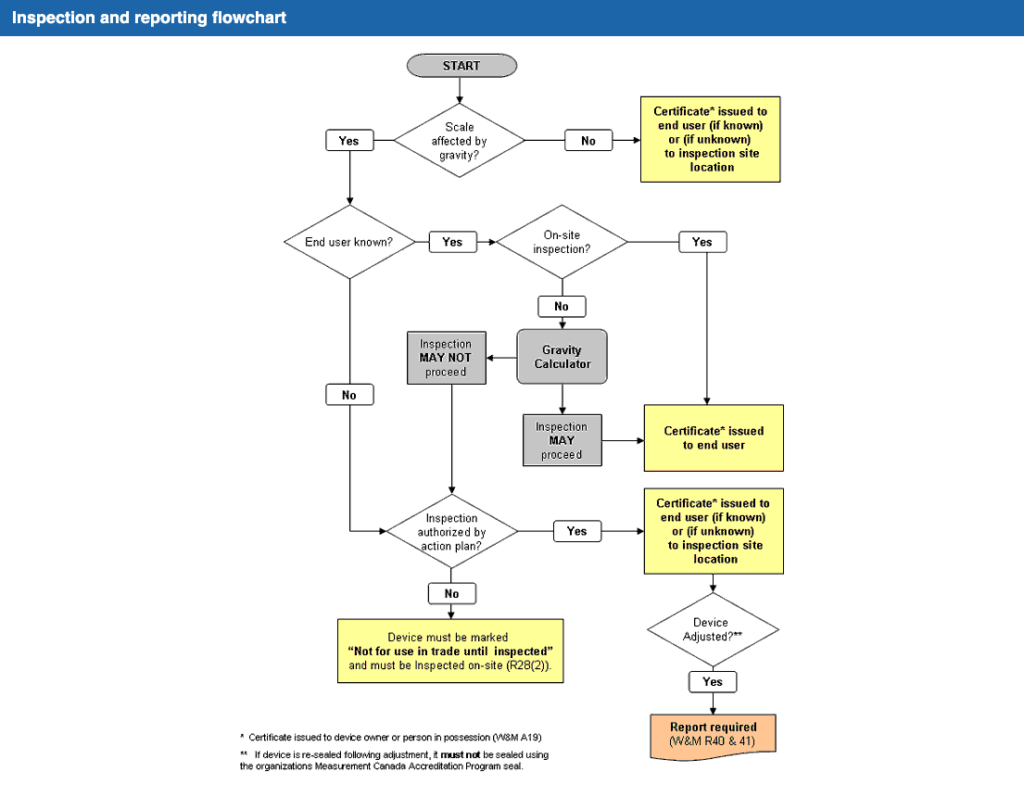Gravity Tolerance and Its Impact on Scales in Canada
We all know how important it is to keep weigh scales calibrated and that regular calibration is not only good maintenance, it is legally required to ensure scale accuracy. However, did you know that calibrating your scale in different parts of the country can actually affect the precision of your scale?
Today’s article is going over this phenomenon called gravity tolerance and what your responsibilities are as a scale owner or operator in regards to it.
What is Gravity Tolerance?
Most electronic scales do not measure mass directly but rather measure the amount of force the item exerts on the scale. The amount of force, or acceleration due to gravity, that an item exerts changes based on where you are in Canada. This is what is referred to as gravity tolerance.
The changes in gravity tolerance are significant across Canada. If you plan on relocating your scale, it must be calibrated properly depending on where you are in the country. The changes can be so significant, in fact, that the government actually has a legal process you need to go through to document the relocation of the scale and ensure your scale is still within the stringent limit of error.
If you are relocating your scale and fit the criteria outlined below, you will need to file an application with the government to find out whether or not you require an additional adjustment when the scale reaches its final location.
Who Needs to Fill Out the Gravity Tolerance Application?
The gravity tolerance application should be filled out by users who are calculating gravity tolerance for non-automatic scales. You must also be:
- An authorized service provider
- A measurement Canada inspector
- A measuring device manufacturers
- A measuring device dealer

Source: Measurement Canada
What do you need?
Before you start the application you need the following information:
- Class of scale
- Capacity of scale
- Unit(s) of scale
- Verification interval and unit
- Postal code or longitude/latitude of where the device was inspected
- Postal code or longitude/latitude of where the device is or will be operating
While there are only a small number of people who are truly affected by gravity tolerance and the legal requirements involved in relocating and recalibrating a scale, it is still important information for any scale operator to be aware of and understand. Fulfilling all your legal requirements as a scale operator in Canada, along with regular maintenance and proper usage, are key ways to ensure your scale’s accuracy and maximize the return on investment for your business.
If you have any questions on gravity tolerance, Measurement Canada’s website is a great resource or you can consult with the certified experts at Active Scale. With scales in operation longer than some of our competitors have been in business, we’re proud to be the top service provider of weigh scale repairs, calibrations and certifications in Ontario.